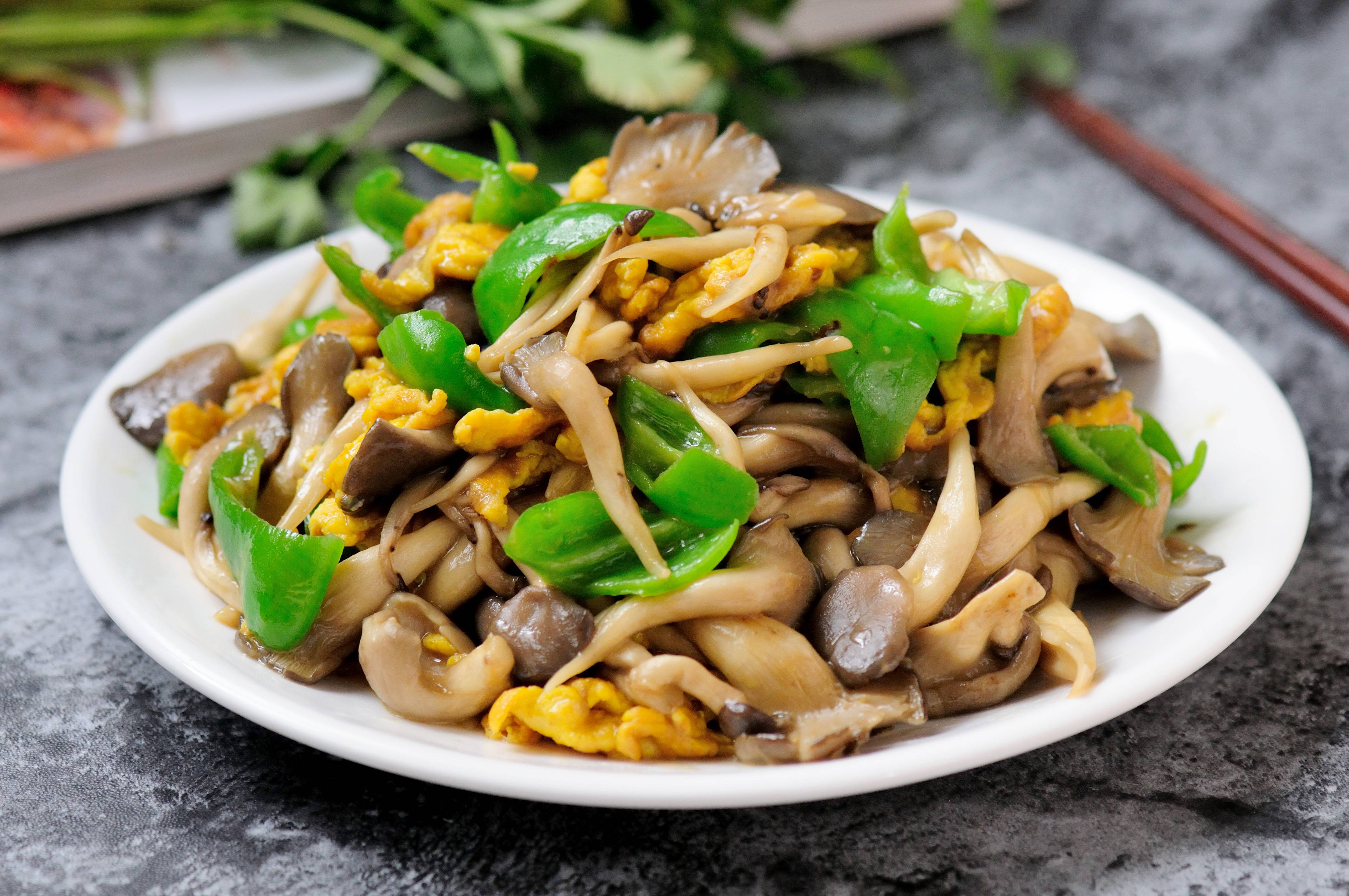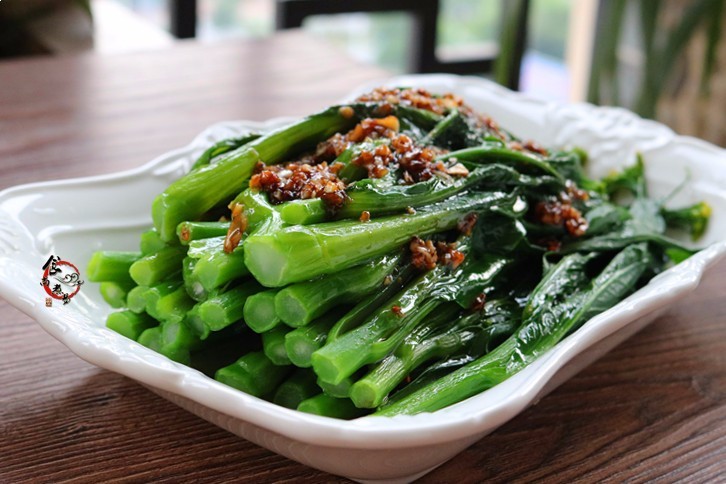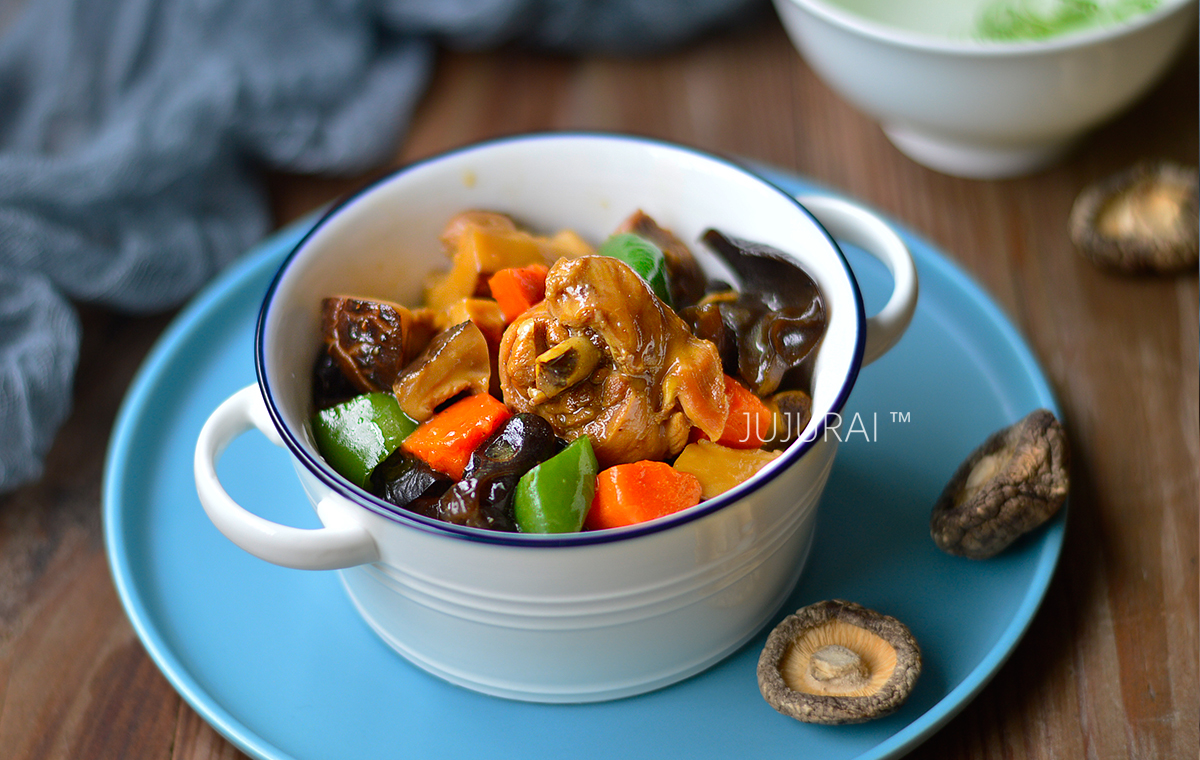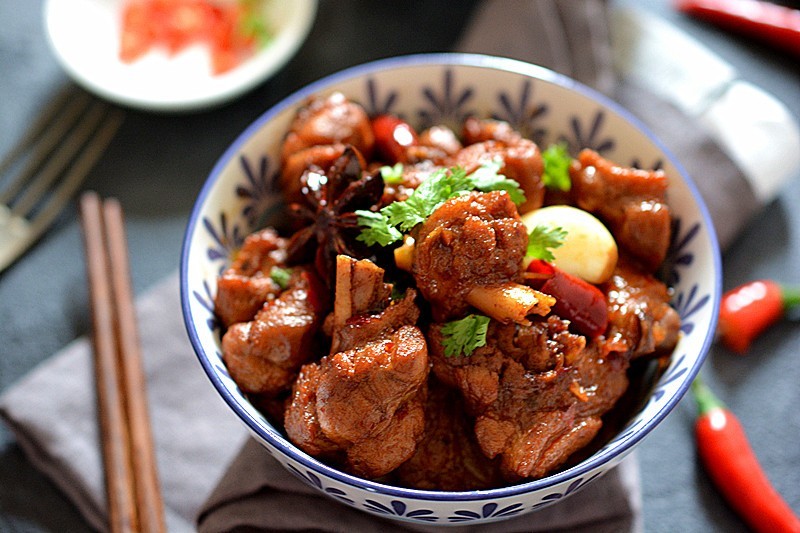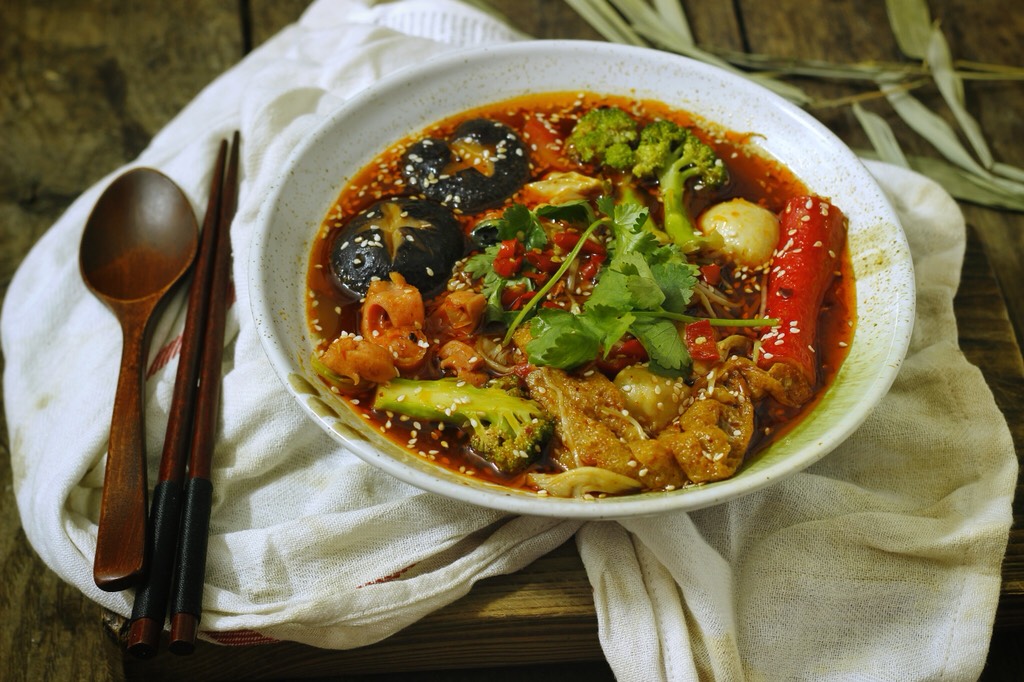Pickle Pork Bread
| High-gluten flour 180g | Cake flour 20g |
| Whole milk powder 15g | Yeast 3g |
| Butter 15g | Salt 2g |
| Milk 140g | White sugar 20g |
| Pickle stuffing 200g |

Step 1
Put milk first in the bucket of the chef's machine, thenPlace high-gluten flour, low-gluten flour, milk powder, salt and sugar on both sides of the bucket. Make a hole in the middle of the flour and pour in the yeast. Turn on the mixer and start kneading the dough. After kneading to the expansion stage, add butter and knead until it can be pulled out. Strong and unbreakable glove membrane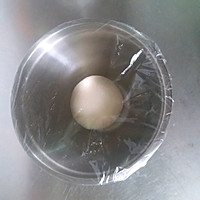
Step 2
Arrange the dough, put it in a basin, cover it with plastic wrap, and ferment it in a fermentation box at a temperature of 28 degrees and a humidity of 75 degrees, or in an oven with a bowl of warm water inside.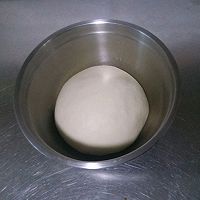
Step 3
Ferment until doubled in size and take out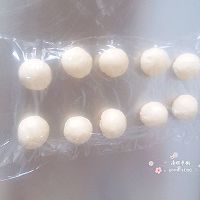
Step 4
Take out the dough and put it on the chopping board, pat the dough gently to deflate the dough, divide the dough into 10 pieces and roll them into rounds, cover them with plastic wrap and let them rise for 20 minutes (the fermentation time should be reduced in summer).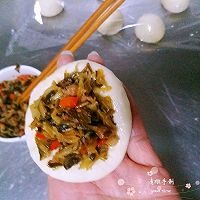
Step 5
Take a piece of dough and press it flat with your palms to make the pickled vegetable and diced meat filling (if you don’t have pickled vegetables, you can use shredded mustard or other fillings instead)
Step 6
From now on, wrap it up like a bun, being careful to close the mouth.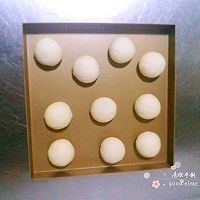
Step 7
Place the seam side down in the baking pan, put it into the fermentation box with a temperature of 35 degrees and a humidity of 75 degrees for 35 minutes (if there is no fermentation box in the oven, put a bowl of warm water for fermentation)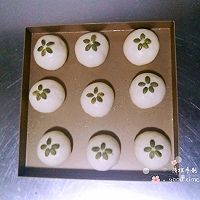
Step 8
At this time, you can preheat the oven to 170 degrees Take out the fermented bread embryo from the fermentation box, spray it with a little water, and decorate it with pumpkin seeds (if you don’t have pumpkin seeds, you can sprinkle a little sesame seeds)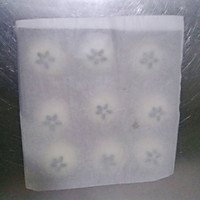
Step 9
Cover the bread with a piece of parchment paper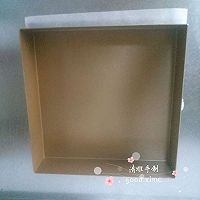
Step 10
Use another baking pan to press it on top, lightly press the upper baking pan with your hands a few times, and press the bread in the lower baking pan flat.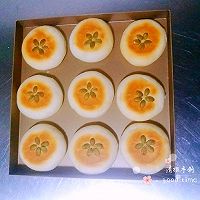
Step 11
Put the baking sheet into the preheated oven and bake at 170 degrees for 25 minutes.
Step 12
This is the same bread decorated with sesame seeds
Step 13
Finished product picture
Step 14
Finished product picture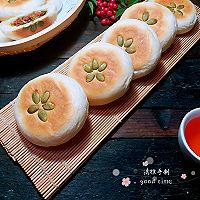
Step 15
Finished product picture Tips for cooking pickled pork buns1. Method for stuffing pickled pork and diced pork: dice the pork belly and mince the ginger. Add oil to the pot and fry the diced pork until it changes color. Add the minced ginger, stir-fry evenly. Add cooking wine, stir-fry the light soy sauce and dark soy sauce evenly. Pour in the pickles and stir-fry. 5 minutes, add sugar and stir-fry evenly. Add red peppercorns and stir-fry for 2 minutes. (The pickles themselves are salty, so add salt according to the saltiness of the pickles)
2. Each oven has a different temperature. Set the temperature according to your own oven temperature.
3. When the bread is put into the oven, be sure to hold down the baking pan above the bread dough and do not take it off. It must be put into the oven together.
4. Each type of bread has different water absorption. You can add or reduce it according to the amount of water absorbed by your own flour





